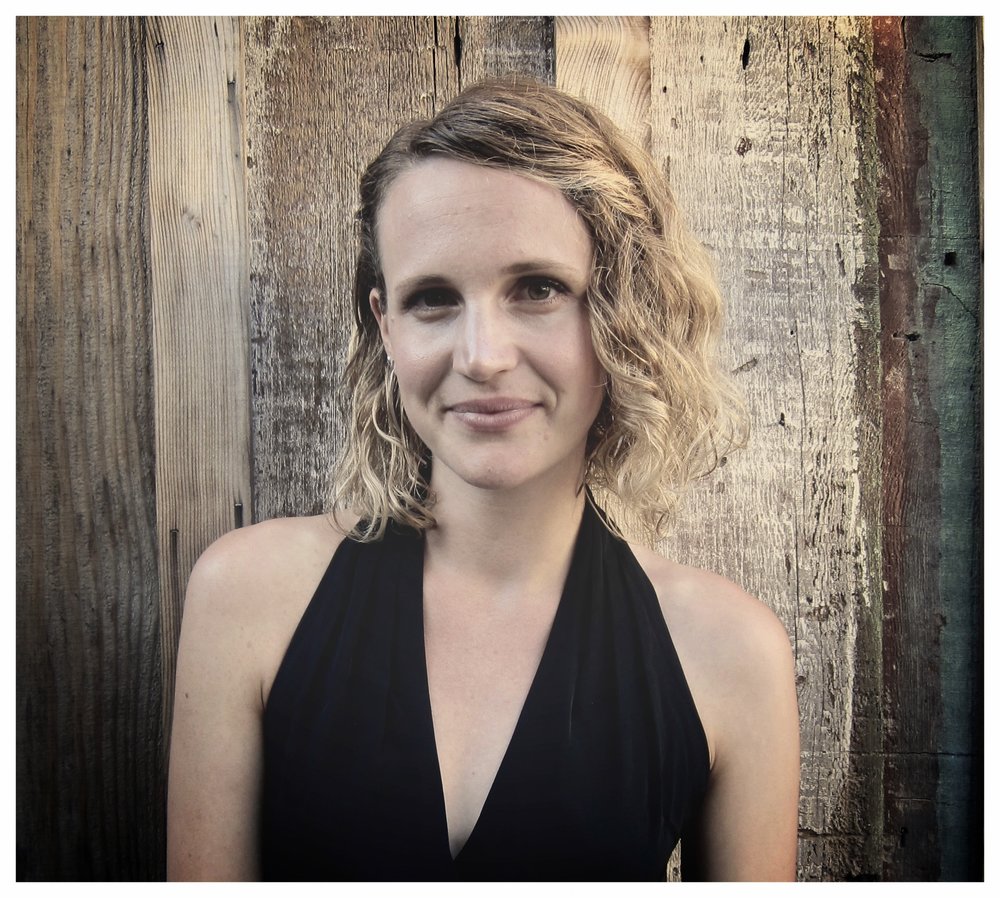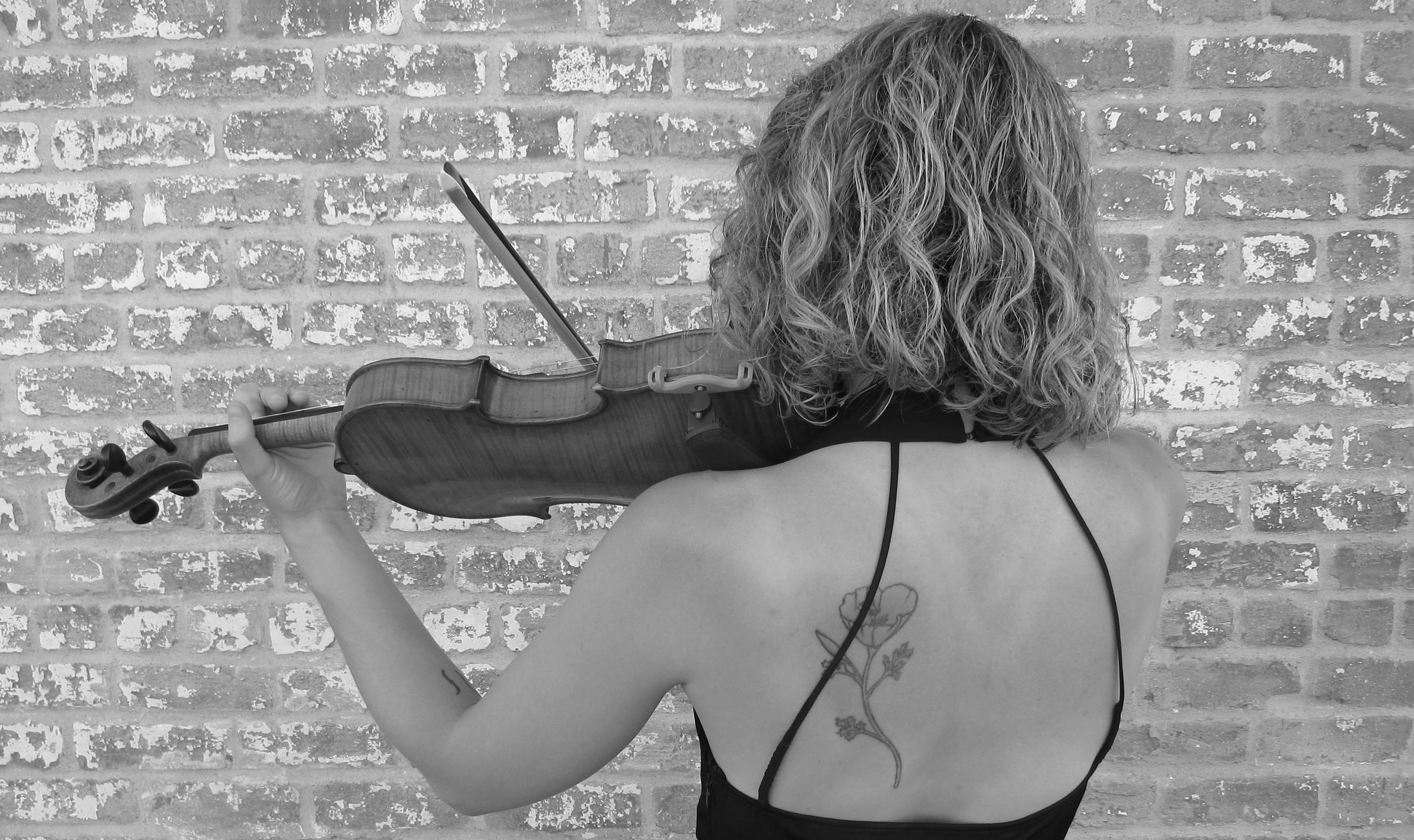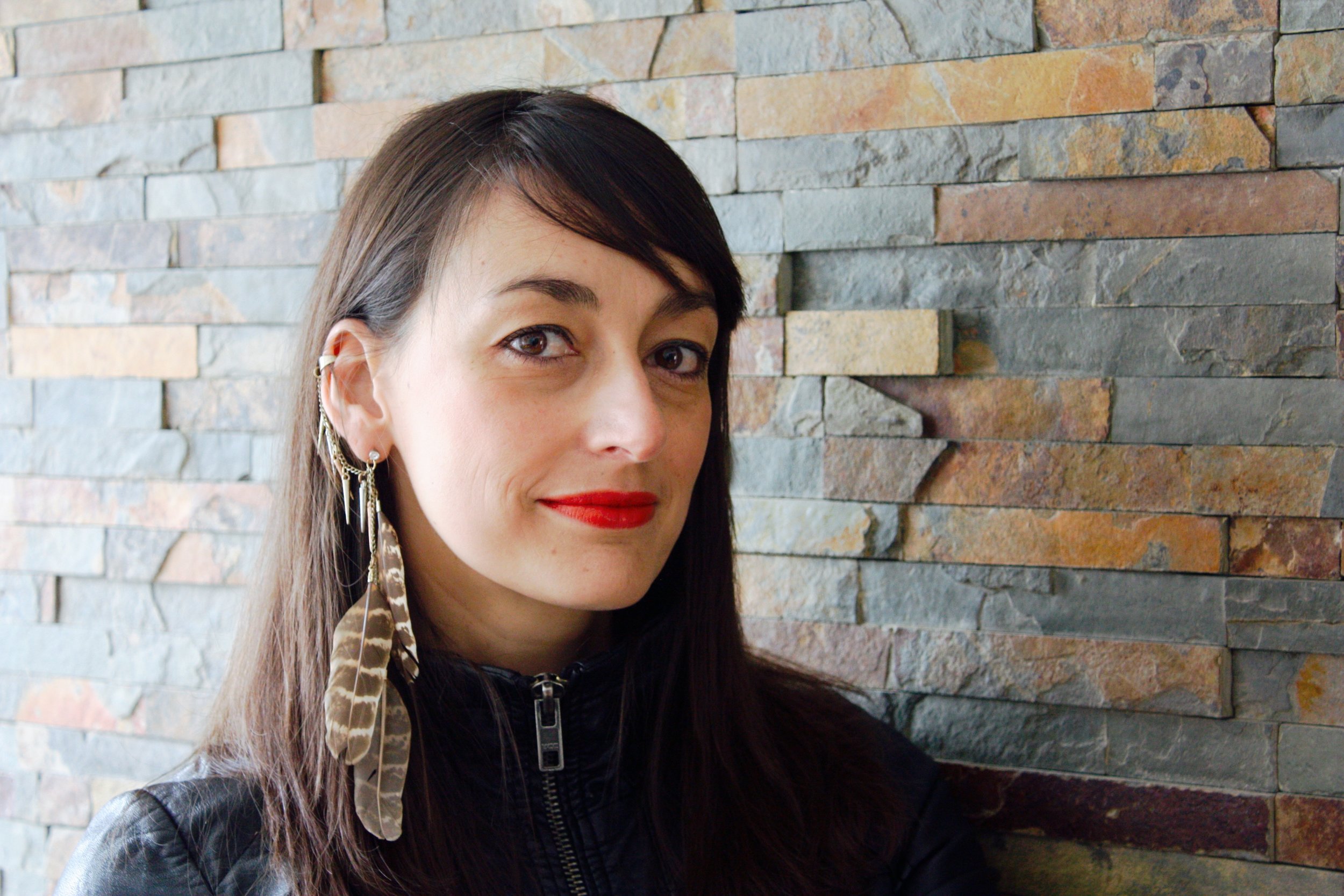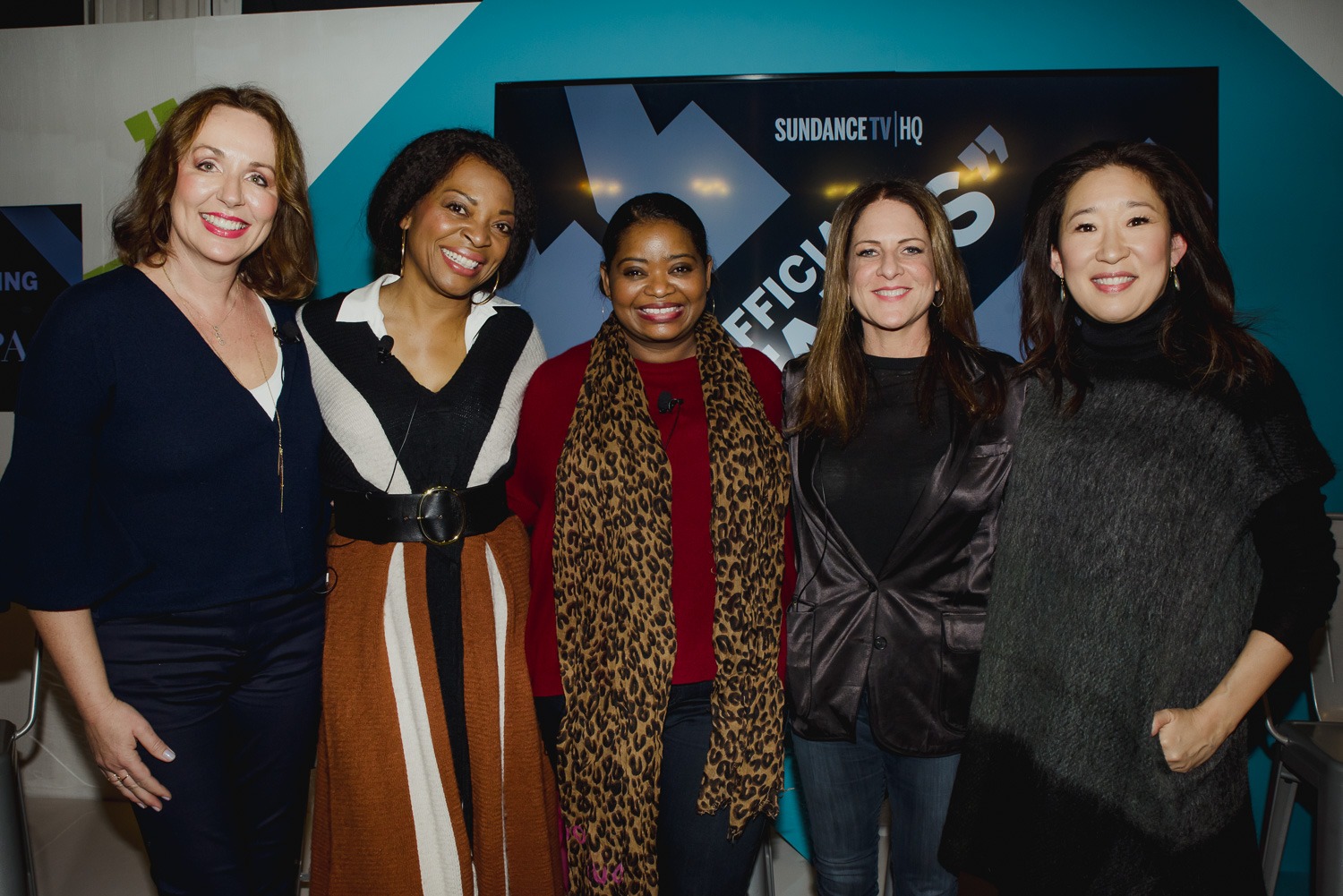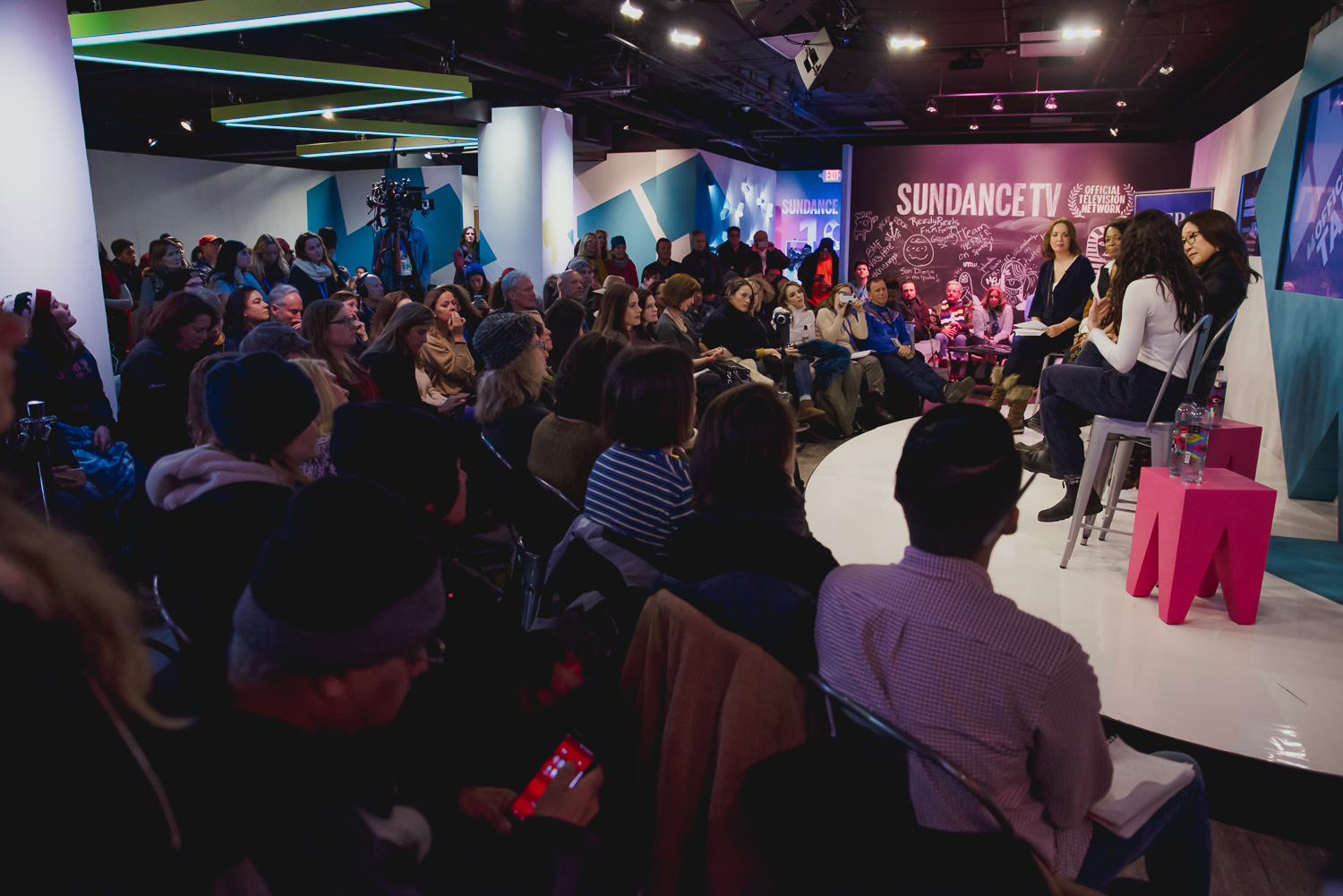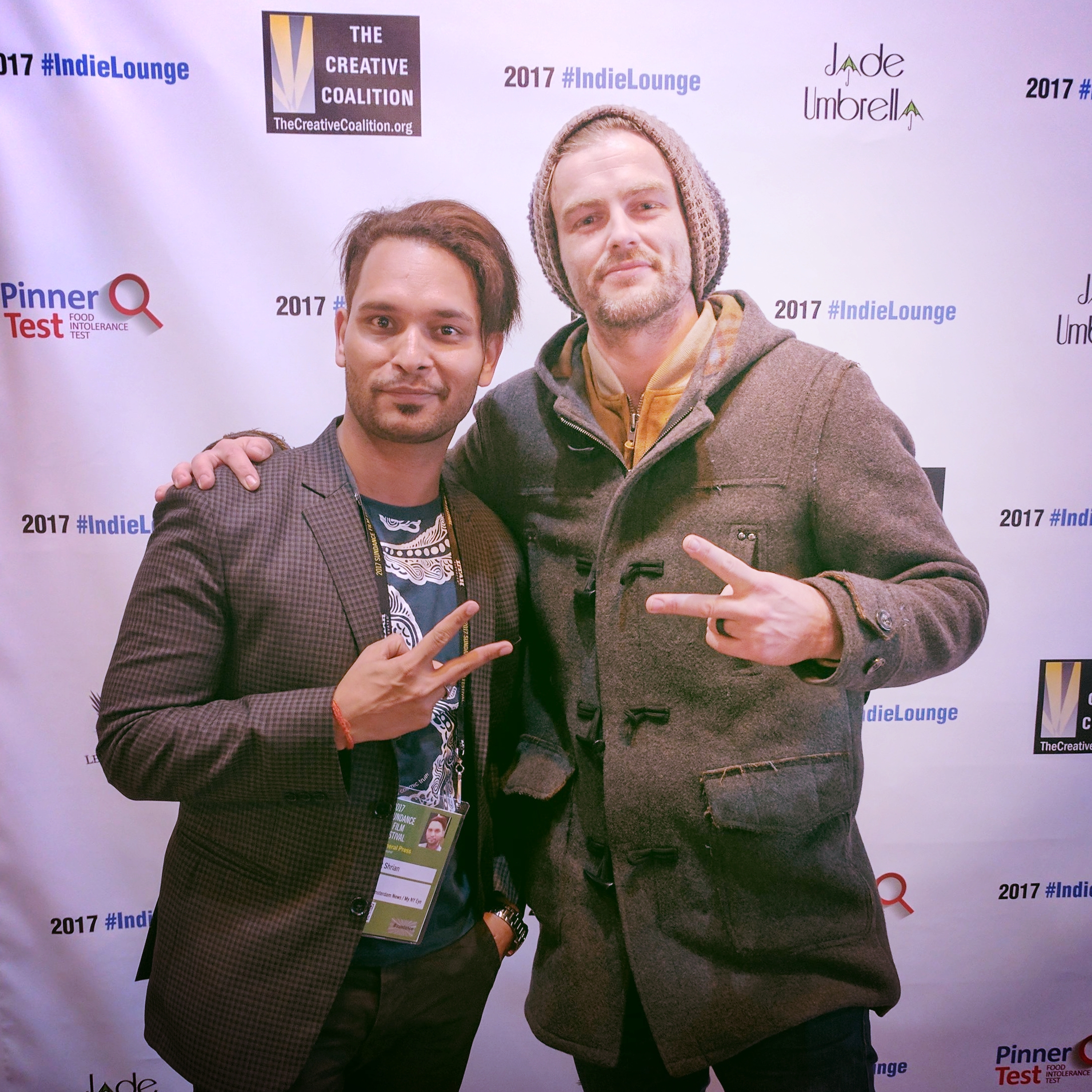(L-R) Matria, Credit: Lucia C. Pan; Hair Wolf, Credit: Charlotte Hornsby; Would You Look At Her, Credit: Courtesy of Sundance Institute.
Park City, Utah — Winners of the 2018 Sundance Film Festival jury prizes in short filmmaking were announced on Jan 23, by Sundance Institute at a ceremony in Park City, Utah. The Short Film Grand Jury Prize, awarded to one film in the program of 69 shorts selected from 8,740 submissions, went to Matria, written and directed by Álvaro Gago. Full video of the ceremony is at youtube.com/sff. The Short Film program is presented by YouTube, as part of their ongoing support for emerging storytellers, unique voices and independent artists. 2018 marks the sixth year YouTube has been the official sponsor of the Sundance Film Festival Shorts program.
This year's Short Film jurors are Cherien Dabis, Shirley Manson and Chris Ware.
Short Film awards winners in previous years include And so we put goldfish in the pool. by Makato Nagahisa, Thunder Road by Jim Cummings, World of Tomorrow by Don Hertzfeldt, SMILF by Frankie Shaw, Of God and Dogs by Abounaddara Collective, Gregory Go Boom by Janicza Bravo, The Whistle by Grzegorz Zariczny, Whiplash by Damien Chazelle, FISHING WITHOUT NETS by Cutter Hodierne, The Tsunami and the Cherry Blossom by Lucy Walker and The Arm by Brie Larson, Sarah Ramos and Jessie Ennis.
The short film program at the Festival is the centerpiece of Sundance Institute’s year-round efforts to support short filmmaking. Select Festival short films are presented as a traveling program in over 70 cities in the U.S. and Canada each year, one of the few theatrical releases of short films in North America. Short films and filmmakers also take part in regional Master Classes geared towards supporting emerging shorts-makers in cities around the country.
2018 Sundance Film Festival Short Film Jury Awards:
The Short Film Grand Jury Prize was awarded to: Matria / Spain (Director and screenwriter: Álvaro Gago) — Faced with a challenging daily routine, Ramona tries to take refuge in her relationships with her daughter and granddaughter.
The Short Film Jury Award: U.S. Fiction was presented to: Hair Wolf / U.S.A. (Director and screenwriter: Mariama Diallo) — In a black hair salon in gentrifying Brooklyn, the local residents fend off a strange new monster: white women intent on sucking the lifeblood from black culture.
The Short Film Jury Award: International Fiction was presented to: Would You Look at Her / Macedonia (Director and screenwriter: Goran Stolevski) — A hard-headed tomboy spots the unlikely solution to all her problems in an all-male religious ritual.
The Short Film Jury Award: Non-fiction was presented to: The Trader (Sovdagari) / Georgia (Director: Tamta Gabrichidze) — Gela sells secondhand clothes and household items in places where money is potatoes.
The Short Film Jury Award: Animation was presented to: GLUCOSE / U.S.A. (Director and screenwriter: Jeron Braxton) — Sugar was the engine of the slave trade that brought millions of Africans to America. Glucose is sweet, marketable and easy to consume, but its surface satisfaction is a thin coating on the pain of many disenfranchised people.
A Special Jury Award was presented to: Emergency / U.S.A. (Director: Carey Williams, Screenwriter: K.D. Dávila) — Faced with an emergency situation, a group of young Black and Latino friends carefully weigh the pros and cons of calling the police.
A Special Jury Award was presented to: Fauve / Canada (Director and screenwriter: Jérémy Comte) — Set in a surface mine, two boys sink into a seemingly innocent power game, with Mother Nature as the sole observer.
A Special Jury Award was presented to: For Nonna Anna / Canada (Director and screenwriter: Luis De Filippis) — A trans girl cares for her Italian grandmother. She assumes that her Nonna disapproves of her – but instead discovers a tender bond in their shared vulnerability.
The Sundance Film Festival®
The Sundance Film Festival has introduced global audiences to some of the most groundbreaking films of the past three decades, including Boyhood, Beasts of the Southern Wild, Fruitvale Station, Whiplash, Brooklyn, Twenty Feet from Stardom, Life Itself, The Cove, The End of the Tour, Blackfish, Me and Earl and the Dying Girl, Dope, Little Miss Sunshine, sex, lies, and videotape, Reservoir Dogs, Hedwig and the Angry Inch, An Inconvenient Truth, Precious and Napoleon Dynamite. The Festival is a program of the non-profit Sundance Institute®. 2018 Festival sponsors include: Presenting Sponsors – Acura, SundanceTV, and Chase Sapphire®; Leadership Sponsors – Adobe, Amazon Studios, AT&T, DIRECTV, Dropbox, Omnicom, Stella Artois® and YouTube; Sustaining Sponsors – Canada Goose, Canon U.S.A., Inc., Dell, Francis Ford Coppola Winery, GEICO, Google Pixel 2, Grey Goose Vodka, High West Distillery, IMDbPro, Lyft, Unity Technologies and the University of Utah Health; Media Sponsors - Los Angeles Times, The New York Times and Variety. Sundance Institute recognizes critical support from the Utah Governor's Office of Economic Development, and the State of Utah as Festival Host State. The support of these organizations helps offset the Festival’s costs and sustain the Institute's year-round programs for independent artists. Look for the Official Partner seal at their venues at the Festival. sundance.org/festivalSundance Institute
Founded in 1981 by Robert Redford, Sundance Institute is a nonprofit organization that provides and preserves the space for artists in film, theatre, and new media to create and thrive. The Institute's signature Labs, granting, and mentorship programs, dedicated to developing new work, take place throughout the year in the U.S. and internationally. The Sundance Film Festival and other public programs connect audiences to artists in igniting new ideas, discovering original voices, and building a community dedicated to independent storytelling. Sundance Institute has supported such projects as Beasts of the Southern Wild, Fruitvale Station, Sin Nombre, The Invisible War, The Square, Dirty Wars, Spring Awakening, A Gentleman’s Guide to Love and Murder and Fun Home. Join Sundance Institute on Facebook, Instagram, Twitter and YouTube.


